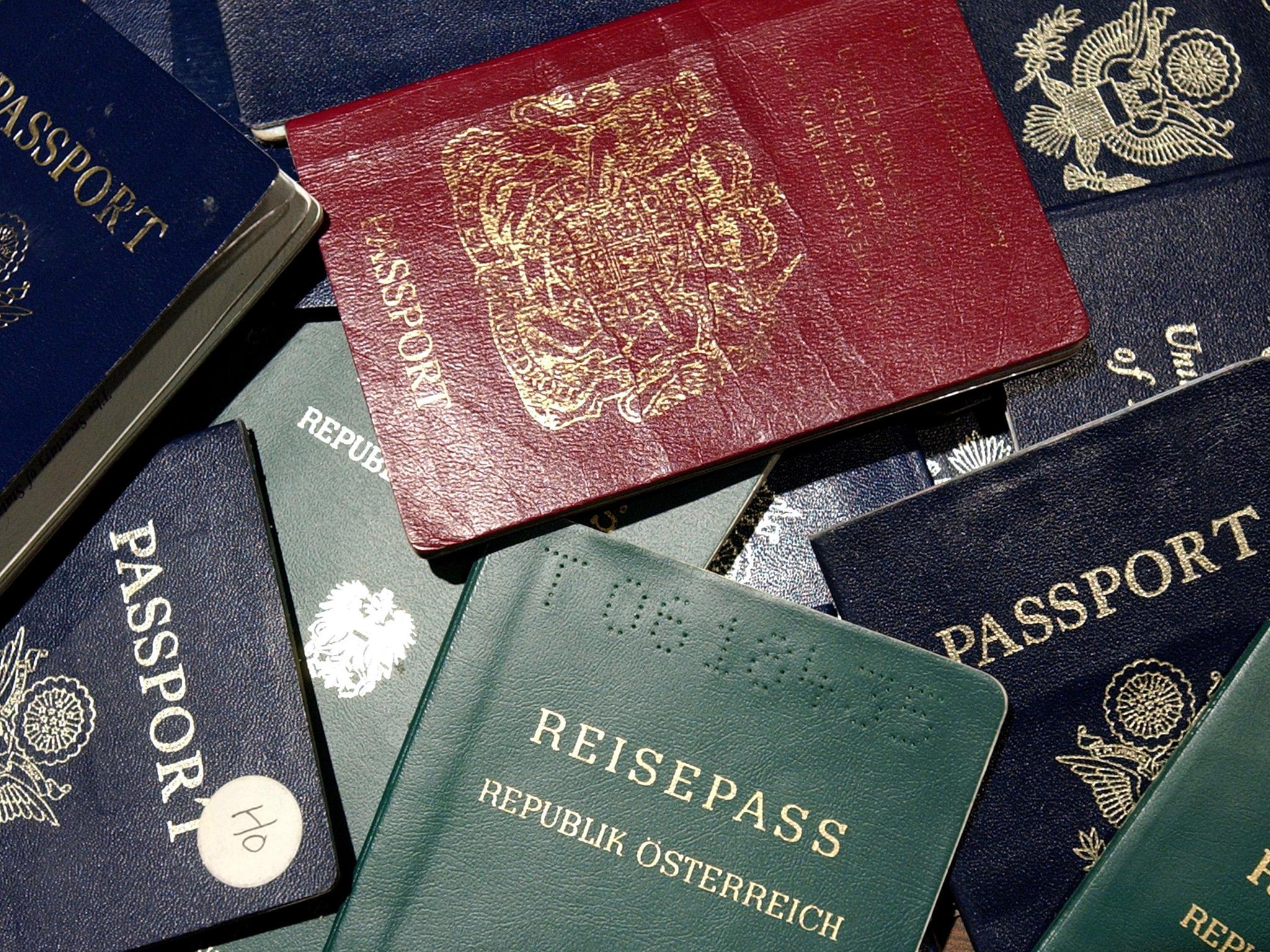This Commonwealth visa system could save post-Brexit Britain from obscurity
Will we be a little island off Europe that has a football team which occasionally over-performs, rather like Iceland? Or could we be the ‘Singapore of Europe’, another island nation but one which punches well above its weight?


I am disappointed in the Brexit vote, no doubt. And I am particularly disappointed that my right to freedom of movement within the EU is being taken away from me without my personal consent.
However, I take the Prime Minister, Theresa May at her word – “Brexit means Brexit” – so now we must now turn our minds to creating post-Brexit Britain. What will the narrative of a post-EU Britain be? How will we look at ourselves as Britons, and how do we wish to be perceived in the world? What opportunities can we as a nation create and grasp for ourselves?
Many have said that Britain can now “look outward” again and “engage with the world”. While these populist platitudes may sound inspiring to some in the Brexit campaign, such slogans ignore that Britain was neither inward-looking nor disengaged prior to the Brexit vote. Nevertheless, Britain does have to set a new tone. We, as a nation, need to decide what our raison d'être, if I may borrow a European expression, is to be.

Before Europe there was the Second World War. Pre-WW2 was the Depression. Before then, the Great War defined us and before it was the Age of Empire. Clearly the Age of Empire is not returning; the days of turning the world map pink are long gone. So what are we?
Will we be a little island off Europe that has a football team which occasionally over-performs, rather like Iceland? Or could we be like Singapore, another island nation but one which punches well above its weight? Could there be a role for a new major trading nation on the continent’s edge?
While some argued for a strong reconnection with the Commonwealth, Britain needs to be careful not to be perceived as trying to restore a neo-colonialist style leadership. If it were to do that, it may find the welcome mat pulled from the entire continent of Africa. But Britain could look to offer the Commonwealth a great service by following ideas that Australia has already tried out in Asia.
Back in the 1990s, Australia led the way in pushing for the creation and strengthening of the Asia Pacific Economic Cooperation (Apec), an organisation once cynically described as “four nouns looking for a verb”. While Apec had many political objectives, among its greatest successes has been improving trade by easing travel regulations for those doing business.
Senior business leaders in Apec member economies – including the US, Russia, Australia, New Zealand, Peru, Chile, China, Philippines and others – can obtain every three years a pre-approved multi-entry business visa called the Apec Business Travellers Card (BTC). This wonderful system avoids constant visa applications and speeds its holders through customs via the use of the diplomatic channel at airports.
I am a dual national of Australia and the UK. I have, through my business dealings, been granted a BTC and I can testify that it massively speeds up business travel and improves business relationships. The lack of a need to gain visas for travels to China, Vietnam and Russia, combined with skipping the nightmare of international to domestic transfer in Los Angeles, is a godsend.
Could Britain, as a signal of its new “re-engagement”, champion the creation of its own BTC for Commonwealth nations? New Zealand and Australia are sure to support such a move. Many African nations would welcome an improvement in their travel experiences. It could make doing business with the Commonwealth practical again.
The former Commonwealth Business Council had been trying to push for better links between the business communities of Commonwealth countries, in part to enhance economic growth and in part to act as a collective competitor to Chinese investment in Africa. However, the organisation failed under the weight of alleged corruption and mismanagement accusations.
There is a gap here, where collaboration between Commonwealth businesses could benefit from leadership. Britain could lead that push, not as a colonial overlord but as a service provider to the Commonwealth.
An Apec style business travellers system would create better collaboration between Commonwealth businesses allowing Britain to more effectively compete with China’s influence, particularly in Africa. Britain could emerge from the EU as a strong independent force for trade. If Britain can make this small start then we are on the first step of recreating an island trading nation, the “Singapore for Europe”, and the hinge between the Commonwealth and the Continent.
As we move from summer to autumn, and people returning from their holidays focus on the reality of Brexit, we need to disentangle ourselves from Europe, from the European narrative and give ourselves a new positive image. “The Hinge for the Commonwealth” and the “Singapore for Europe”. Now that is a post-Brexit Britain worth living in.
Andrew MacLeod is a visiting Professor at Kings College London and a Non Executive Director of Cornerstone Capital in the US. He was a Remain campaigner and has now combined with Brexit campaigners to form Brexit Advisory Services at UK's Griffin Law. He can be followed @AndrewMMacLeod.
Join our commenting forum
Join thought-provoking conversations, follow other Independent readers and see their replies
Comments
Bookmark popover
Removed from bookmarks